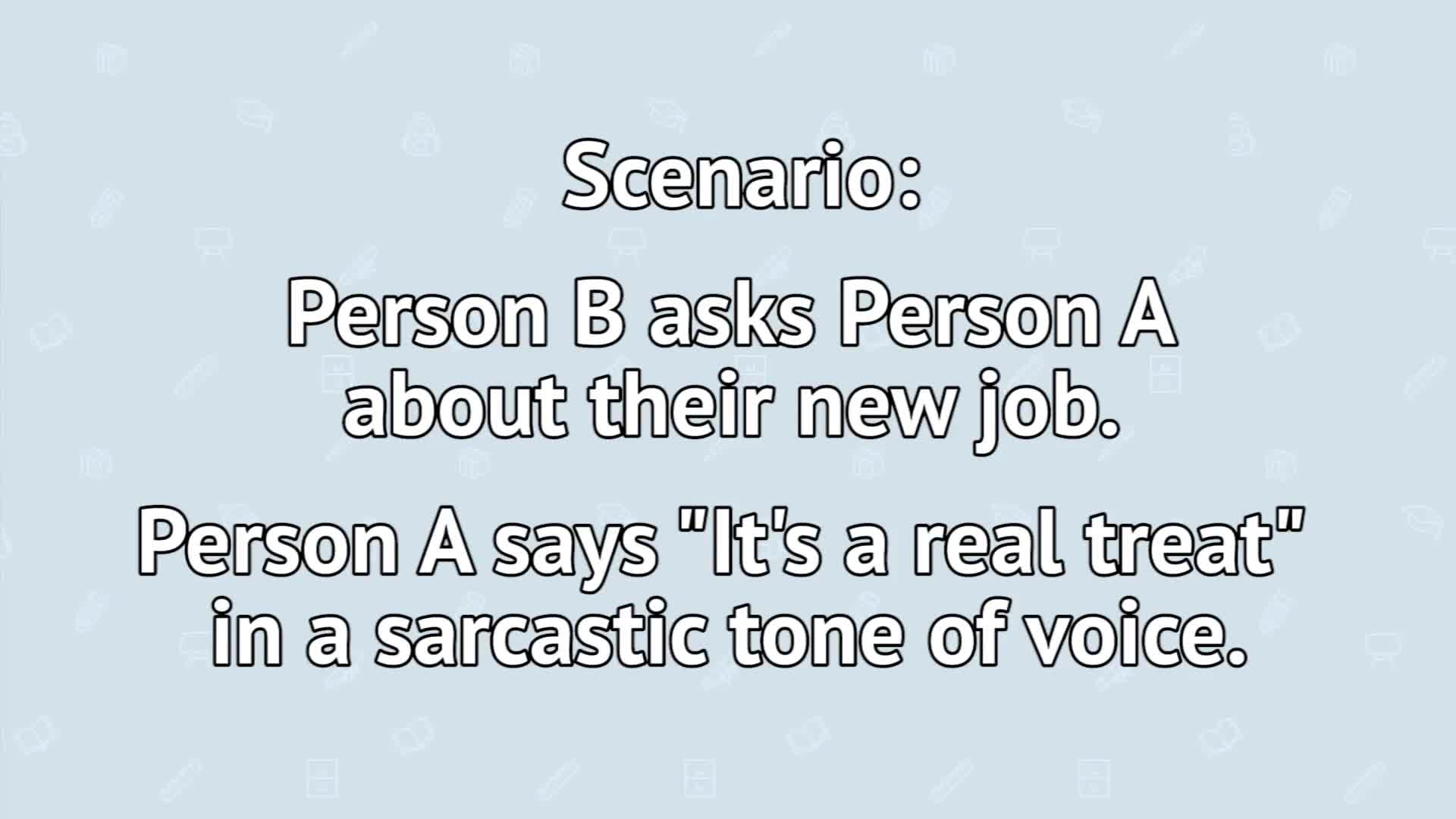
As educators, we understand the importance of teaching our students valuable social skills. One of the key components of effective communication is understanding the role that tone of voice plays in social situations. In this blog post, we will introduce you to Act It Out!, a role-playing game that focuses on tone of voice and how our message changes when our voice changes. This activity can help students better understand the relationship between tone of voice and emotions, improving their overall communication skills.
No-Prep Activity: Act It Out!
Act It Out! is a simple, no-prep activity that requires no additional materials from the educator. The game involves students acting out different social situations, focusing on their tone of voice and how it corresponds to the emotions they are supposed to convey. Here’s how to play:
- Divide students into pairs and assign them roles as Person A and Person B.
- Provide the pair with a social scenario that includes the emotions each character is feeling. For example, Person A is excited about an upcoming movie, and Person B is also excited. Their tone of voice should match their excitement.
- Allow the pair to role-play the scene in front of the class, ensuring that their tone of voice matches their assigned emotions.
- After the role-play, encourage the rest of the class to rate the actors based on their performance and discuss how their actions matched up with their assigned emotions.
- Repeat the process with different scenarios and emotions for each pair of students.
Discussion Questions
After each role-play scenario, use the following discussion questions to stimulate further conversation about tone of voice and its impact on social situations:
- How did the actors’ tone of voice match their assigned emotions? What could they have done differently to better convey their emotions?
- How did the tone of voice affect the overall message of the conversation? Would the message have been different if the tone of voice was different?
- Can you think of a real-life situation where tone of voice played a significant role in the outcome of a conversation? What happened, and how did the tone of voice impact the situation?
- Why is it important to be aware of our tone of voice when communicating with others? How can we improve our tone of voice to better convey our emotions and intentions?
Related Skills
In addition to tone of voice, there are other essential social skills that students should develop to become effective communicators. Some of these skills include:
- Active listening: Paying attention and demonstrating understanding when others are speaking.
- Non-verbal communication: Recognizing and interpreting body language, facial expressions, and gestures.
- Empathy: Understanding and sharing the feelings of others, and responding to their emotions appropriately.
- Social problem-solving: Identifying and resolving conflicts or issues that arise in social situations.
Next Steps
Act It Out! is just one of many activities that can help students develop essential social skills. To explore more activities and resources, we encourage you to sign up for free samples of skill-building materials at Everyday Speech. By incorporating these resources into your classroom, you can help your students become more effective communicators and build stronger social connections with their peers.

